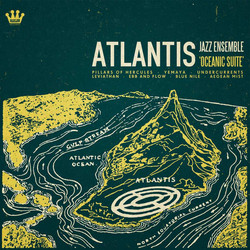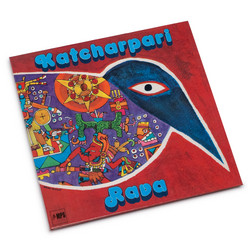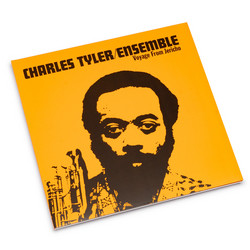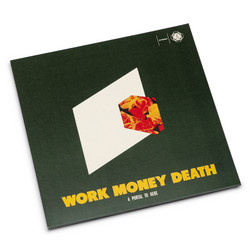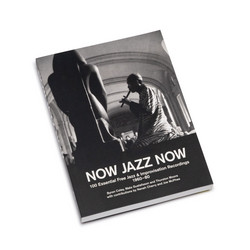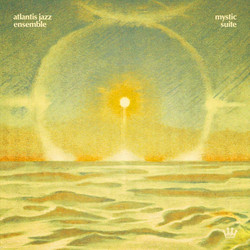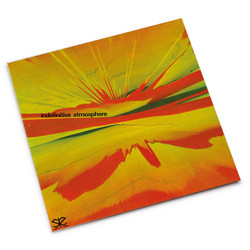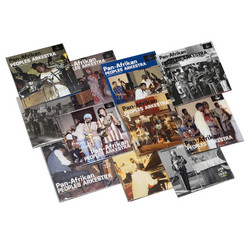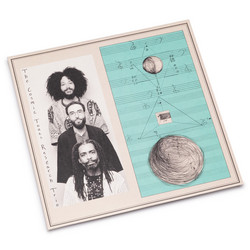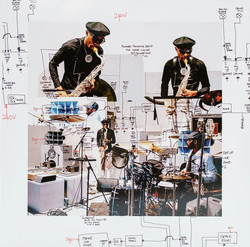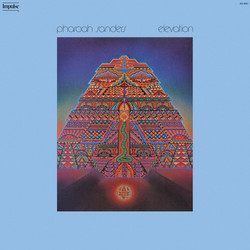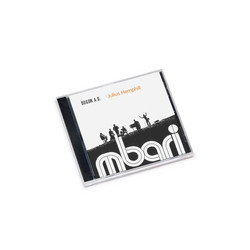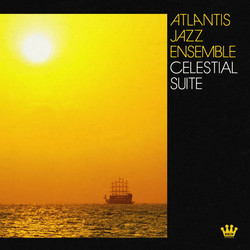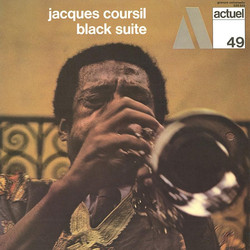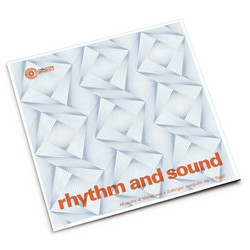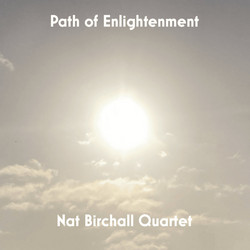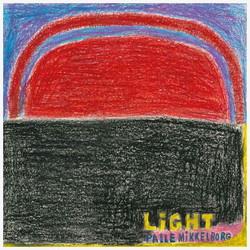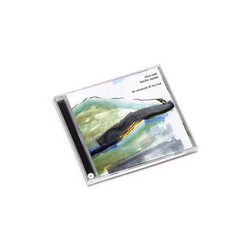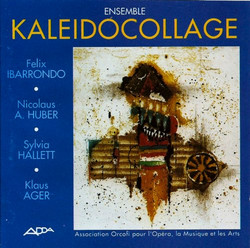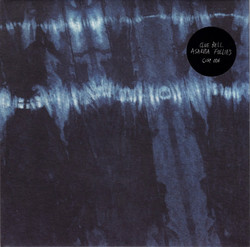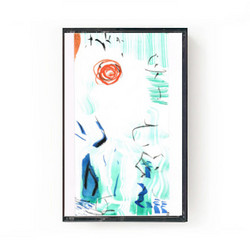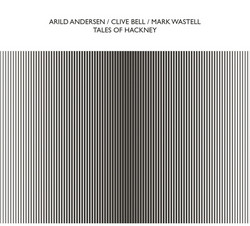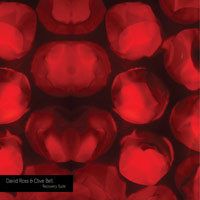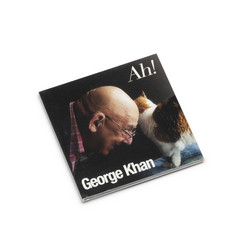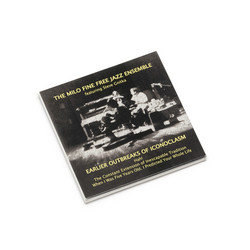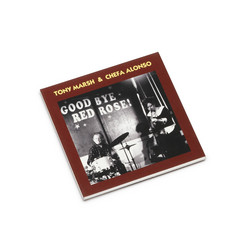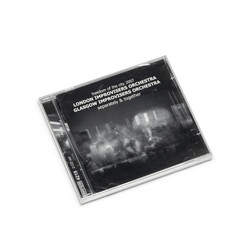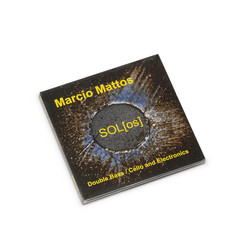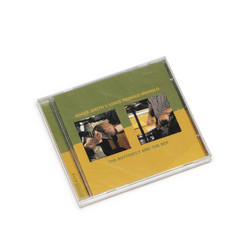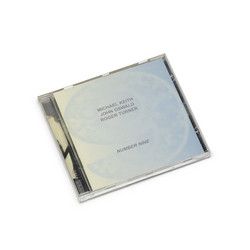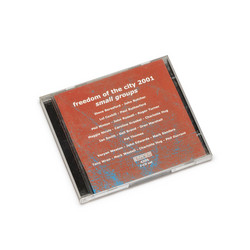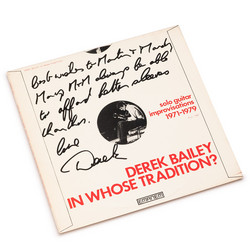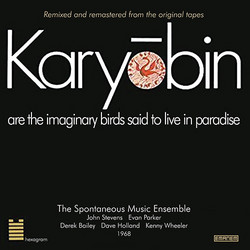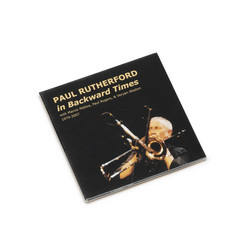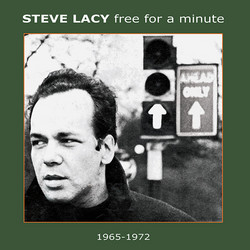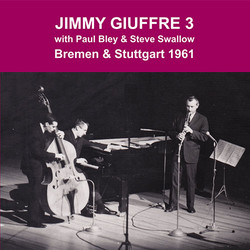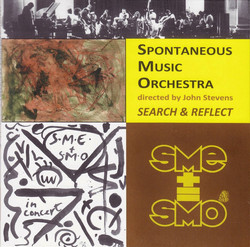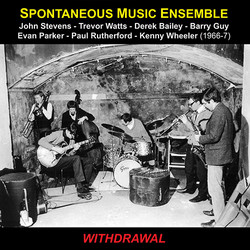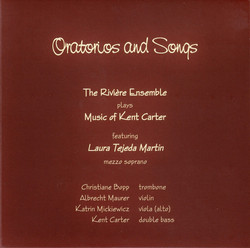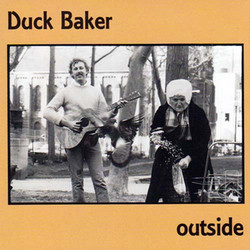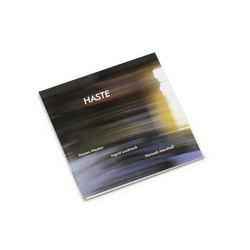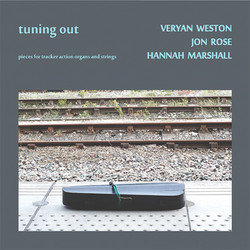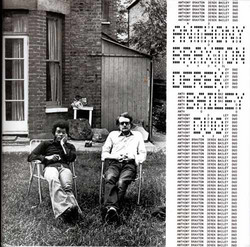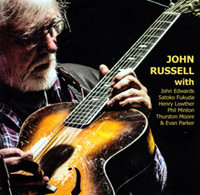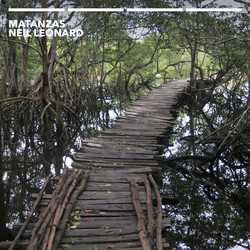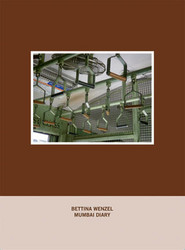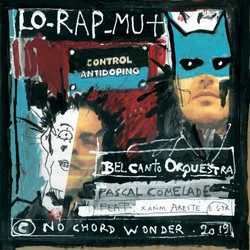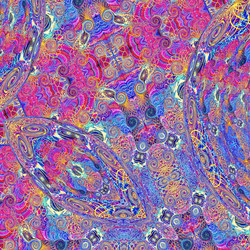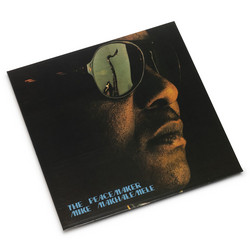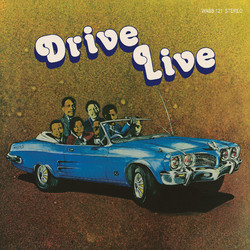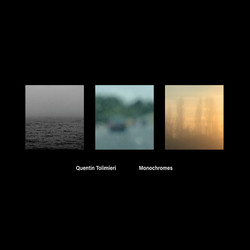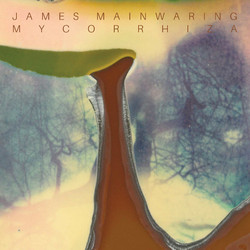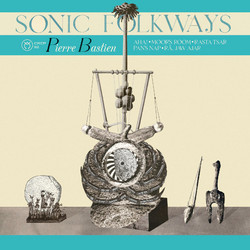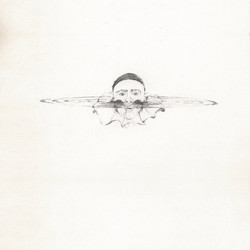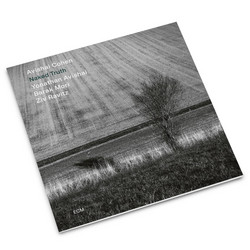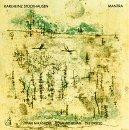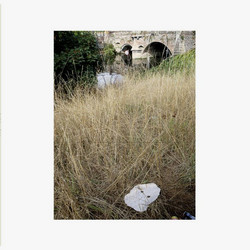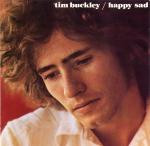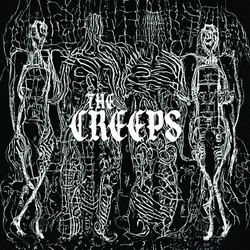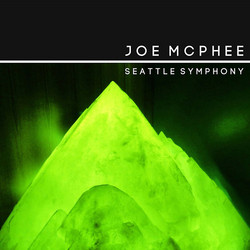"It's a generalisation, but Sylvia Hallett scrapes and Clive Bell blows. Bell specialises in reed or pipe instruments from exotic locations, principally South East Asia. Hallett bought a saw for £2.49, mounted a bicycle wheel on a spindle and also plays the more frequently-sighted viola. Bell studied the shakuhachi flute in Tokyo, then lived in Thailand, where he familiarised himself with the brittle vibrations of the khene reed-pipes. This was the beginning of his love for blown instruments that once seemed mysterious to Western ears.
Regularly performing as a duo on the London improvising scene, Bell and Hallett's pervading atmosphere is one of suspended meditation, sustained for over an hour with some extremely varied and resourceful spontaneity. Hallett utilises electronics on most of these improvisations, harnessing the forces of the pair's real-time acoustic events, and warping them into loops that often fulfil the roles of dronescape or environmental ambience.
As "Shrugging Into Spring" opens, the pair sound like cranes splashing around in a Japanese water garden. Hallett's saw is bowed in sympathy with Bell's fluttering shakuhachi at the start of "The Weald", blending high tones together, making unnerving vibrations quiver around the listener's space (and ears). Hallett spreads clicks and pocks around the distance, and when her viola cuts in towards the close, it's a frightening jar to the calm contemplation. She'll also use real-time lock-repeat effects on her bowed phrases, making them end in a reversed stutter. Bell likes to rattle his whirling bat drum, and he also relishes the raspy prospect of his stereo goathorns. When Hallett bows her mounted bicycle wheel, it sounds uncannily similar to her viola or sarangi, but just a touch rougher. These elements are combined on "Tantamount", whilst Hallett conjures up a loop with an annoying fire klaxon quality. This is their least meditational moment.
This excellent album is filled with the sounds and textures of a hardcore ethnographic field recording, but delivered with the vocabulary of free improvisation. This makes the duo's music sound very different to that of virtually any improvising group in existence. A sense of melody and linear development exists, but these pieces always sound enquiring, unpredictable and completely open to adventure." Martin Longley, BBC Reviews

